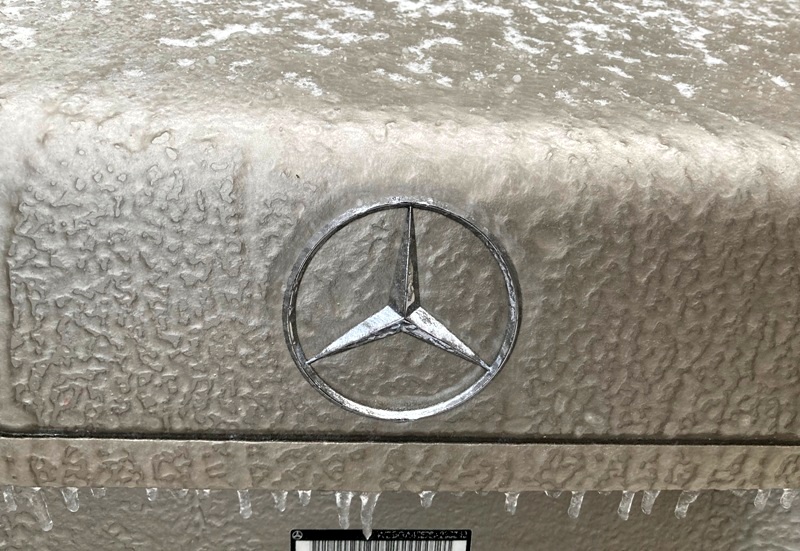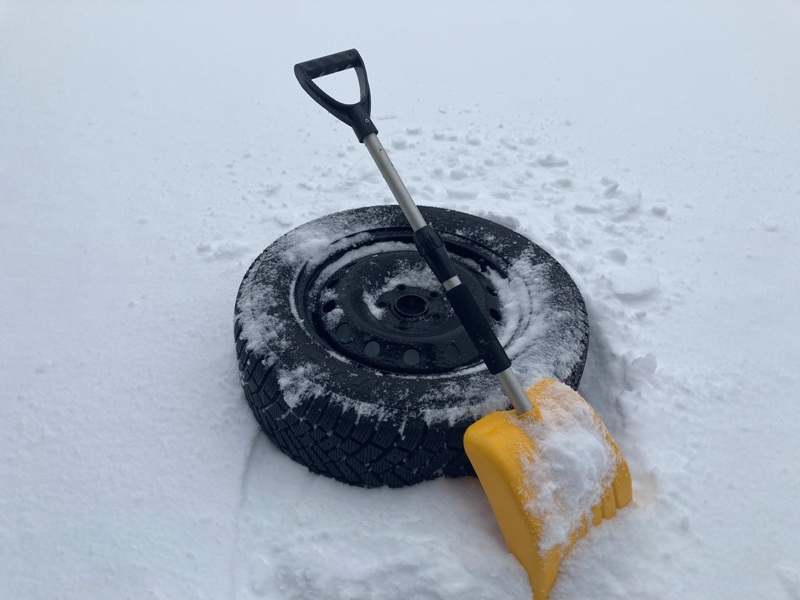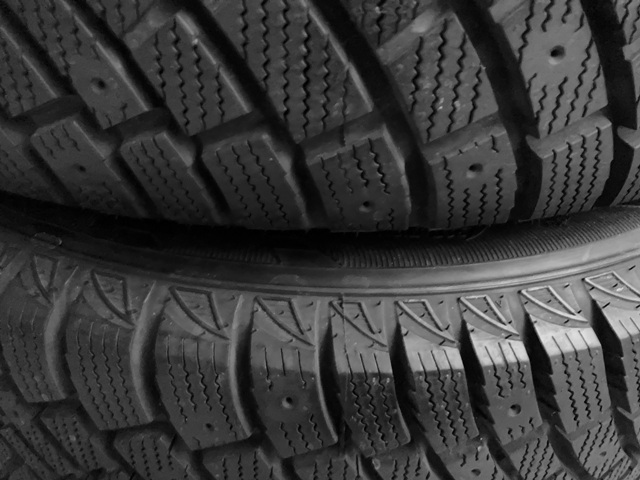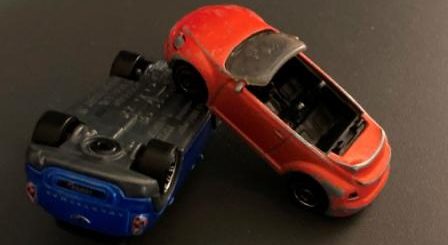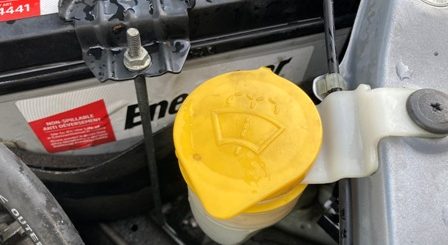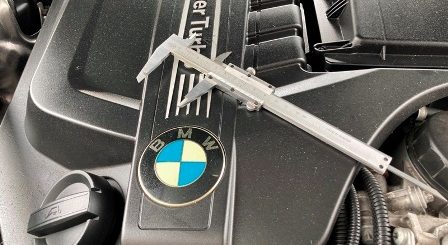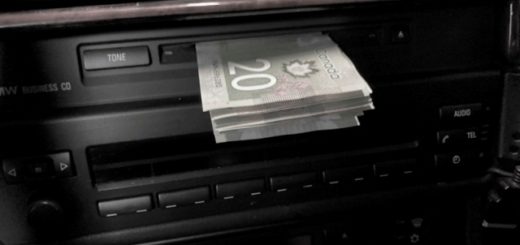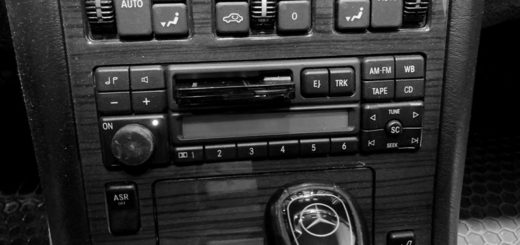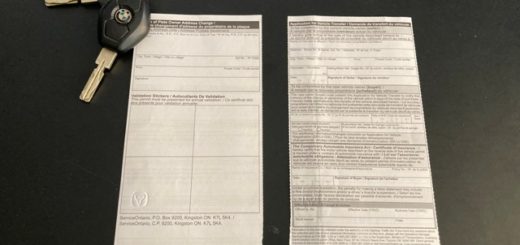Winter Tires vs All Season Tires
Winter Tires vs All Season Tires
Do You Really Need Winter Tires? Well, it depends where you live. In Florida for example you will do fine in “winter” with all-season tires meanwhile in Canada with snow and cold probably not so much. When temperatures drop to -20 Celsius in Toronto and everything turns to ice, you might want to think a bit differently.
What is the difference between Winter tires and All-Season tires?
Tire Rubber Compound
Winter Tires vs All Season Tires: Rubber compounds
All-season tires rubber is design as a “do everything” good enough year around. It has to handle hot, dry, wet and snowy condition therefore will not be perfect at one specific condition. It’s a compromise.
Heat and dry condition are hard on tires, all-season tires deal with it by using a hard rubber compound which will resist heat and friction therefore prolonging the life of tires.
However, when temperatures drop under -5 Celsius all-season tires rubber stiffens therefore will have less grip. Lower temperatures progressively will cause even lower grip..
Winter tires differ from all season tires on rubber composition and tread pattern. Winter tires are specifically designed to withstand low temperatures. Winter tires will not lose grip or harden regardless of weather or temperatures. At temperatures of -20 Celsius and half a meter of snow, winter tires are the only safe choice (Tire studs and chains aside).
Tire age and DOT number. Dot stands for Department of Transportation (US). Tire age is important to tire grip, especially for Winter tires. Tire rubber loses elasticity as it gets older and can become dangerous. More details here How Old Are Tires on Your Car.
Tire Tread Design
Tread designs are different between winter tires and all-season tires. Pattern of tire tread on all-season tires is designed to handle a large variety of conditions. Noise reduction and speed are taken in consideration therefore all-season tires capabilities will be limited in winter weather.
Winter tires are noisy, some more than others but generally noisy nonetheless. Since priority is given to grip and handling in low temperatures a compromise is made on noise and speed handling. All-season tires on the other hand are quiet and handle high speeds very well.
Winter Tires vs All Season Tires: Tire Identification
Winter and all season tires are easily identifiable. Look for “ three mountains with a snowflake” on sidewall of the tires. This identification mark is specific to tires designed for winter and snow. Only winter tires will have this symbol.
In certain places winter tires are obligatory by law during winter months, enforced by fines. Province of Quebec as an example requires winter tires from December 1 to March 15.
All-season tires will have the usual (M+S) mark which means mud and snow. M+S indicates all-season tires have has some capabilities in those conditions.
Winter Tires vs All Season Tires: Conclusion
When temperatures drop lower than -10 Celsius, all-season tire rubber will harden. As a result stopping and handling will suffer and might become dangerous.
Moving on snow or ice is one thing, stopping and handling is another altogether. If your vehicle is AWD or 4×4 you won’t have much trouble moving on snow or ice, even with all-season tires. Its stopping and handling which should worry you most.
When you press your brake pedal or take a corner, it makes little difference if your car is a V8 4×4 or a small Fwd economy car. Bear in mind, brakes in your car have no connection with the ground and do not stop a car. Tires stop a car, and tires alone will decide how long will take for your car to stop or go around a corner safely.
(If you are also looking for a fast and easy solution to sell your car, more here on “How To Sell Your Car Fast In Ontario” )
Comments: If you have any questions or suggestions related to this post or Used Car Toronto in general, don’t hesitate to use comment section below.


